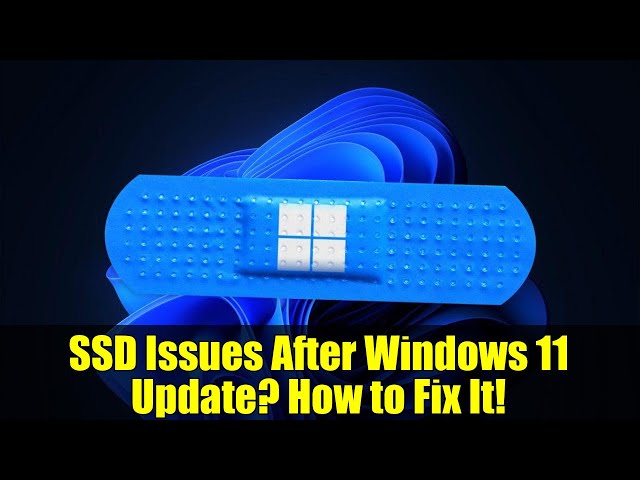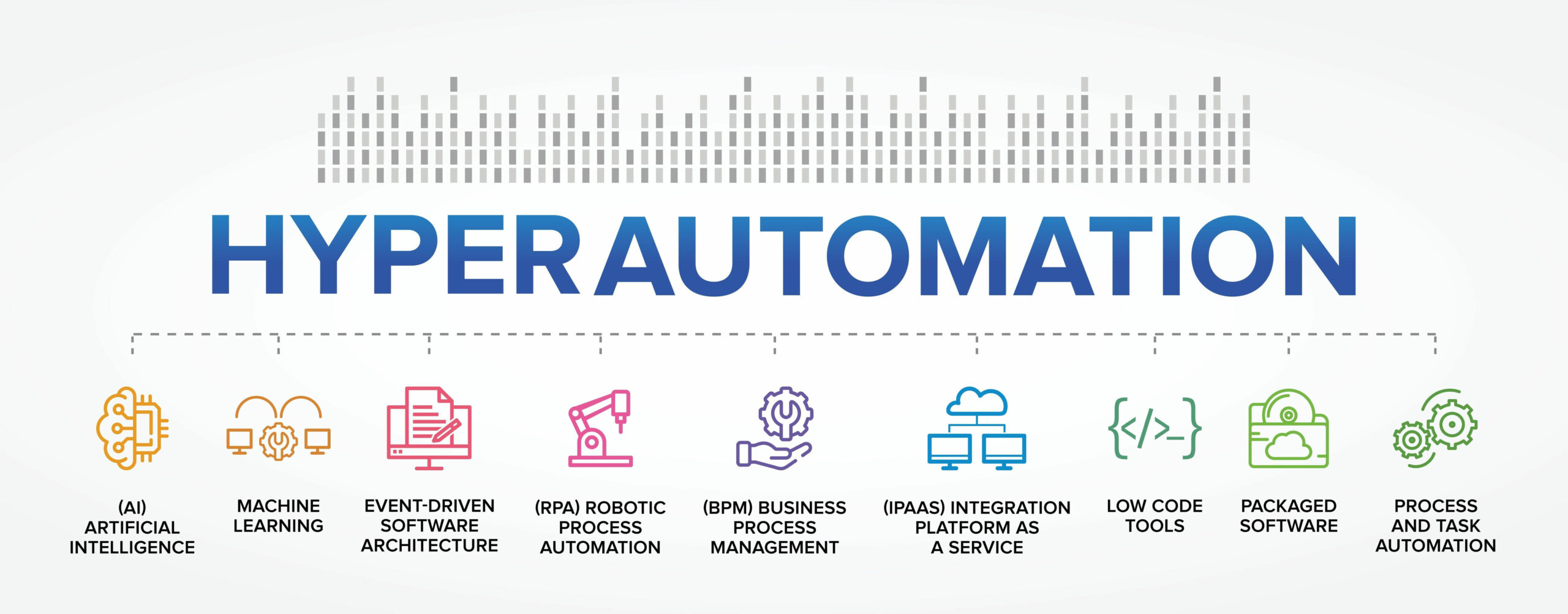
Windows 11 Update Causing SSD Issues? (KB5063878) Here’s How to Fix It
If you’ve recently updated your PC and noticed that your SSD has disappeared, slowed down, or started acting strange, you’re not alone. The latest Windows 11 update (KB5063878) has triggered a wave of problems for users, especially those with certain SSDs. From vanishing drives to data corruption risks, this update is creating serious headaches.
In this post, we’ll break down what’s happening, why it matters, and—most importantly—how you can fix or avoid these SSD issues.
What’s Going On with the Windows 11 Update?
The Windows 11 update KB5063878, rolled out in August 2025, was supposed to improve system security. Instead, it has introduced an unexpected bug:
SSDs disappear from Windows 11 after large file transfers.
Some users face data corruption or permanent drive failure.
The issue is most common on SSDs with Phison controllers, especially DRAM-less models.
One Reddit user shared their experience:
“Had a 2TB DRAM-less SSD stop working until I rebooted. Scared me—I thought I lost everything.”
This isn’t just an inconvenience. For many, it’s a data-loss nightmare.
Why This Matters
Think of it like this: you install a routine update, start copying a large game or project, and suddenly your storage disappears. For some, a reboot brings it back. For others, it’s gone for good.
This bug highlights how even “critical security updates” can break hardware compatibility. That’s why knowing how to respond fast is key.
How to Fix Windows 11 Update SSD Issues
Here are the best steps you can take right now to keep your SSD (and data) safe:
1. Uninstall the KB5063878 Update
Go to Settings → Windows Update → Update History → Uninstall Updates.
Look for Security Update for Microsoft Windows (KB5063878) and remove it.
Restart your PC.
2. Pause Windows Updates
Once uninstalled, pause updates so the patch doesn’t reinstall immediately.
Go to Settings → Windows Update → Pause updates.
If you’re using Windows 11 Pro, Group Policy can also block it.
3. Avoid Large File Transfers
Until Microsoft issues a fix, avoid writing huge files (over 50GB). That’s when the SSD failures often occur.
4. Backup Immediately
If you haven’t backed up your important files yet—do it now. Use the 3-2-1 rule:
3 copies of your data
2 different storage types (e.g., SSD + external HDD)
1 offsite copy (like Google Drive, OneDrive, or Dropbox)
5. Monitor SSD Health
Free tools like CrystalDiskInfo let you track drive health. Run checks after large file transfers.
6. Stay Updated for Fixes
Microsoft is investigating the problem with SSD makers. Watch for:
A new Windows 11 cumulative update.
SSD firmware updates from manufacturers like Phison, Corsair, or Kioxia.
FAQs: Windows 11 SSD Update Issues
Q1: What is Windows 11 KB5063878?
A security patch released in August 2025. It’s linked to SSD failures during heavy file writes.
Q2: Which SSDs are most affected?
Reports show DRAM-less SSDs with Phison controllers are most at risk. Examples include some Corsair MP600 and Kioxia models.
Q3: Can I roll back the update?
Yes. Go to Uninstall Updates in Windows settings and remove KB5063878. Then pause future updates.
Q4: Will rebooting fix the issue?
Sometimes—but not always. In severe cases, drives remain unusable. That’s why backups are essential.
Q5: Should I avoid all Windows updates now?
No. Updates are still important for security. Just delay non-critical updates until Microsoft confirms this bug is fixed.
Final Thoughts
As frustrating as this bug is, it’s a reminder of why backups and cautious updates are essential. The Windows 11 update SSD issue (KB5063878) may only hit certain hardware, but it’s a good wake-up call for all of us.
For now:
Uninstall KB5063878 if you’re affected.
Pause updates temporarily.
Avoid large file transfers until Microsoft provides a fix.
Remember, updates are meant to protect us—but sometimes they do the opposite. Stay alert, keep backups handy, and you’ll come out ahead.
Comments
No comments yet. Be the first to comment!
More in Tech

ChatGPT Go Launches in India at ₹399: OpenAI's Most Affordable AI Plan Yet
By rushabh
What is Hyperautomation? How It's Transforming Business in 2025
By rushabh
Is Vibe Coding the Next Big Shift After MERN and DevOps?
By rushabh